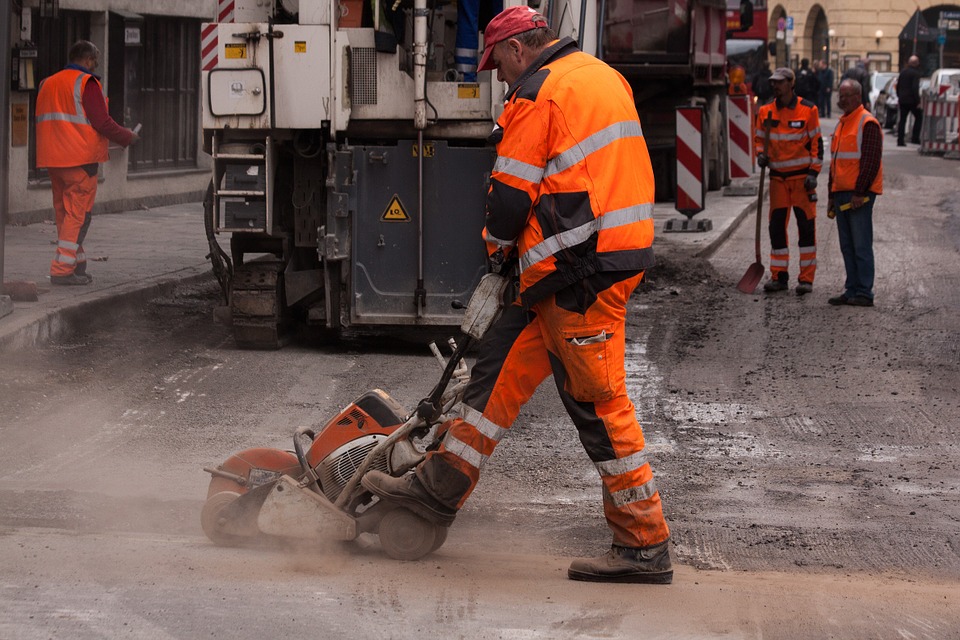
Uber believes the way to avoid traffic congestion is simple – just fly over it. Before laughing, read on. Uber has signed a Space Act Agreement with NASA to create a new air traffic control system to manage their next project, a fleet of low-flying – possibly autonomous – aircraft. The project, which will be called Elevate, or UberAir, will be a commuter option with prices comparable to UberX.
Transportation problems persist throughout the country…and none of them can be resolved quickly or without a huge infusion of capital. So, some visionaries in the private sector are stepping forward with futuristic remedies and investment funds.
Uber’s plan is to move people off the roads and into the air. When a passenger books an UberAir service through the Uber app, it will be necessary to ascend to a skyport on the roof of a nearby building to board the aircraft. Uber hopes to pilot the service by 2020 in Los Angeles, Dallas and Dubai. Los Angeles, having shown support for the project, believes there could be tens of thousands of flights across the city per day when UberAir is fully operational.
In the meantime, public officials are also being visionary, innovative and collaborative.
 Maryland just released a $9 billion traffic relief plan. It calls for four toll lanes to be added to Maryland’s portion of I-495 known as the Capital Beltway. In addition, the plan adds four toll lanes to the Baltimore-Washington Parkway. The roadway project will be designed, built, financed, operated and maintained by a private-sector partner. This will be one of the largest transportation public-private partnerships (P3s) in history.
Maryland just released a $9 billion traffic relief plan. It calls for four toll lanes to be added to Maryland’s portion of I-495 known as the Capital Beltway. In addition, the plan adds four toll lanes to the Baltimore-Washington Parkway. The roadway project will be designed, built, financed, operated and maintained by a private-sector partner. This will be one of the largest transportation public-private partnerships (P3s) in history.
Last month, the state of Virginia secured a $1.2 billion federal loan that will help cover the cost of a $3.7 billion lane-widening project planned for I-66. In spite of the large loan, more funding will be required so there is an outreach to private-sector investors. The project will widen 22 miles of I-66 and the Virginia Department of Transportation hopes to begin construction in 2018.
Pueblo County, Colorado, declared this week that fixing roads is not enough to solve their transportation dilemma. To relieve road congestion, the county plans to construct a new passenger train service between Trinidad and Fort Collins. The project will cost about $1 billion and will require private-sector expertise and funding. Solicitation documents are anticipated soon.
And, in Louisiana, the department of transportation announced for the first time that it plans to form a public-private partnership to replace the Belle Chase Tunnel. Originally built in 1956, the structure is in desperate need of a major overhaul. The state will finance $50 million of the $122 million project through a Rebuilding America grant. The rest of the funding will have to come from tolls and/or local contributions.
The country’s transportation infrastructure must be addressed…and there’s no hint that Congress is going to move anytime soon to allocate funding. With nowhere else to turn, public officials will embrace innovative ideas, collaborative efforts, user fees and private-sector capital.
